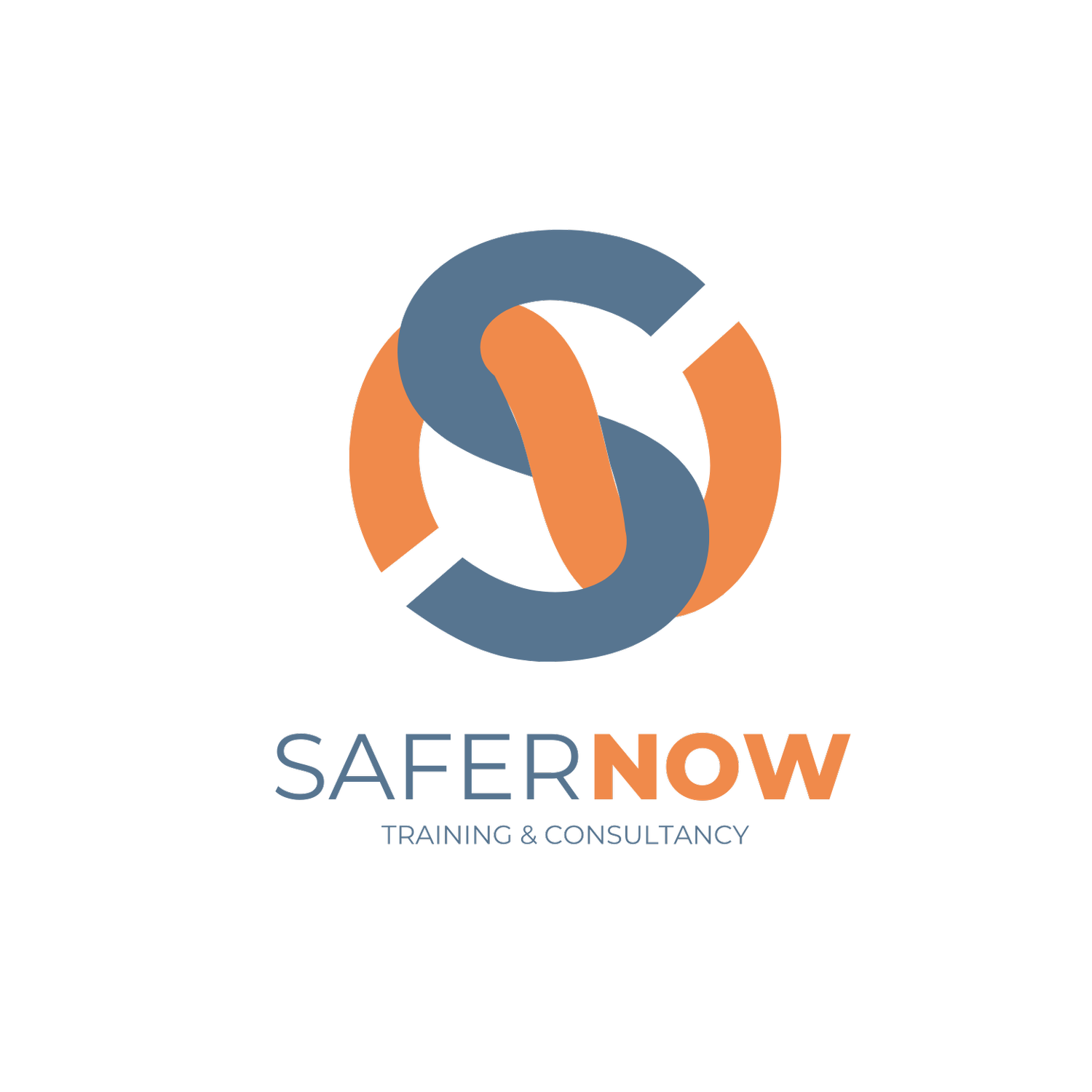
Training Topics: Offending & Justice Systems
Safety First, Desistance Later: Working with Young People Who Harm Others
All too often, practitioners find themselves balancing their work on both ensuring safety for a young person, and the risk that young person may pose to others. This training draws on Sean’s experiences working with young people who’s lives are at risk, but that they also pose significant risk to others.
Have an understanding of why young people engage in violence
Have an understanding of the neurological effects of violence
Understanding how to navigate the balance of risk management and safety interventions
Full Day Workshop
Understanding the Youth Justice System
Case working staff of all kinds, will at times, likely be working with a young person who comes into contact with the criminal justice system. That being said, the criminal justice system is large and complex, and does not come with a welcome pack on how to navigate it. From Arrest, to Charge, to Court, to various sentences and Orders, we need to better understand the thresholds, meanings and processes behind them to better support and advocate for young people we care for.
Understand Policing processes, including arrest and charge, interviews and outcomes.
Understanding Court processes, pre-sentencing reports and various Orders.
Be able to think critically about practice and how to challenge conduct, and escalate, where necessary.
Full Day Workshop
Trauma Informed Practice: Custody and the Secure Estate
Trauma is often the driver for behaviour, as it is embedded in the physiology of those who have experienced it.
Develop an understanding of the definition of trauma, it’s impacts and how trauma may present in-context.
Develop of the Neurosequential Model of therapeutics - to support psychological safety, regulation and de-escalation.
Develop an understanding of how to support psycho-education, supporting young people to self-regulate.
Full Day Workshop
Young People, Violence and Trauma
Develop a greater understanding of not simply what trauma is and how that trauma can impact someone, but how those impacts can play out in real-time and how to support a young person exposed. Expanding on our knowledge of the bio-psycho-social impacts to learn how we can apply what is often called trauma-informed practice into our daily work within complex and unsafe contexts young people experience.
Have an understanding of various typologies of trauma, from developmental to intergenerational, systemic and incident-based trauma
Have an understanding of how that trauma can impact as children and present in adolescence, both biological and behavioural.
Have an understanding of how such trauma can play out in communities, including in relation to serious youth violence
Have an understanding of how to practice trauma-informed and trauma-responsively
Full Day Workshop
OTHER TRAINING OFFERS
Neurodiversity and offending behaviour
Best practice for supporting young people with neurodiversity
Treatment planning/therapeutic skills for complex/high risk behaviours
Developing therapeutic/boundaried professional relationships
Self-harm and suicidal behaviours in adolescence
Developing therapeutic/boundaried professional relationships
Supporting young people who are gender diverse
Reducing restrictive practice in healthcare/criminal justice/custody
Assessing risk in violent/sexually violent YP
Understanding and supporting adolescents who sexually offend
Evidence-based risk reduction
Effective skills for working with families
Understanding adolescent mental health and the mental health system
Resettlement: Safety Net Support
Young people who have been placed in various forms of secure estate often struggle to reintegrate and resettle upon release, as such experiences and desistance is a complex process. This training creatively supports participants to develop strategies, or “safety nets” for those soon to be, or have been released.
To understand the principles of safety net design and apply them to the resettlement process, considering contextual safeguarding.
To assess and address the needs of young people in three key areas: Navigation, Emotions, and Transitions (NET) to improve the resettlement process
To develop strategies for overcoming challenges and optimising the effectiveness of the resettlement process.
Full Day Workshop

